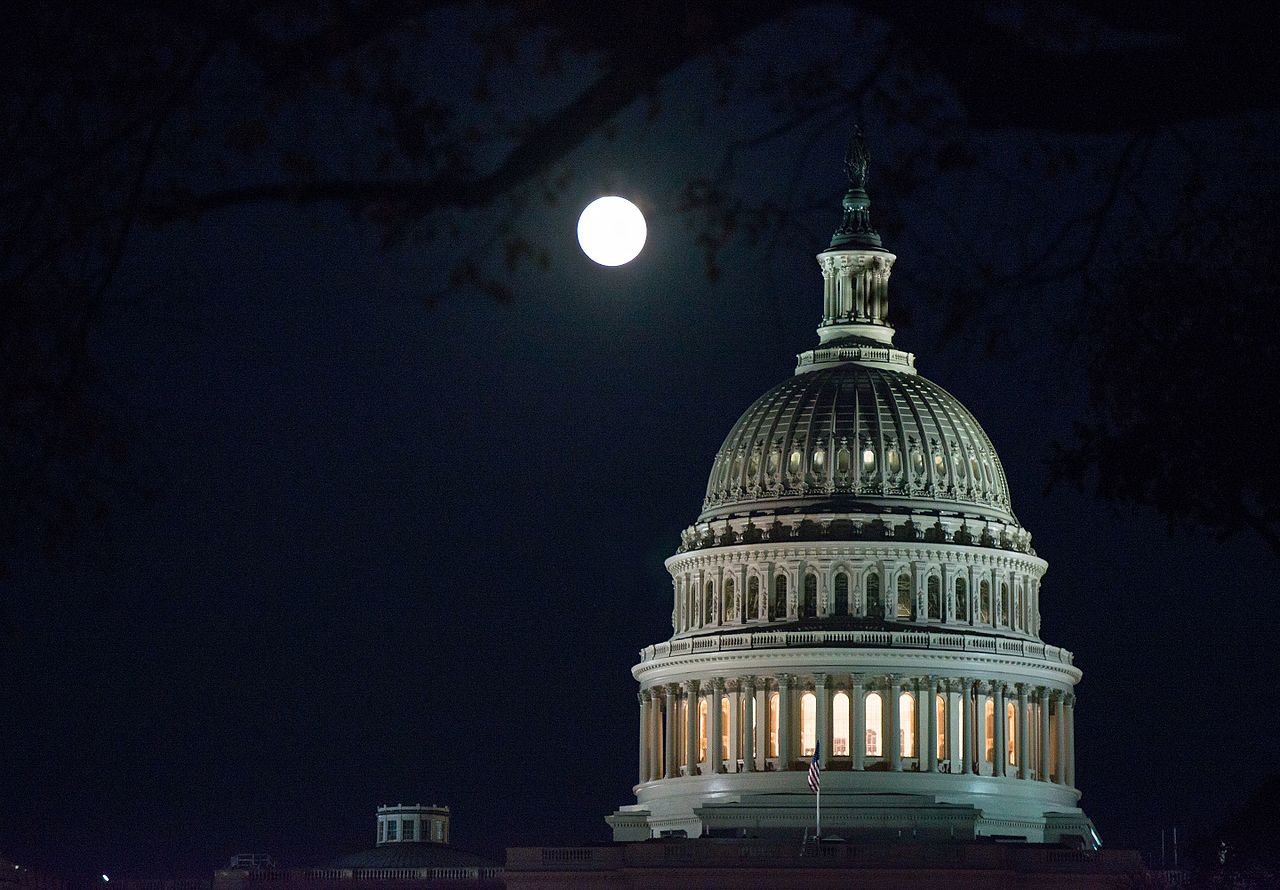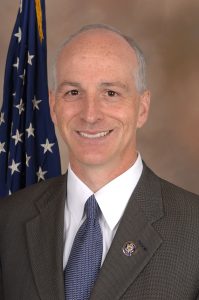
ARLINGTON, Va. – Regardless of which party controls Congress following the November elections, future defense budgets will begin to shrink starting next year, the ranking member of the House Armed Services Committee said on Wednesday.
Capitol Hill does not have unlimited funds to divvy up among all federal agencies when developing spending plans, Rep. Adam Smith (D-Wash.) said, and the Department of Defense’s $717-billion Fiscal Year 2019 budget will likely not be repeated anytime soon. Smith expects lawmakers will increasingly focus on military capabilities more than worries about numbers of missiles, ships, planes or other weapons systems.
“We are not in a fiscal position to have the size of the defense budget that a lot of people envision when they start spelling out all these nightmare scenarios about everything that we have to be prepared for,” Smith said at the Defense News Conference.

Smith’s prediction of smaller defense budgets carried added significance for the audience of military and industry members since he stands in line to chair the powerful HASC if the Democrats take control of the House following the 2018 elections.
Much of what the HASC works on has bipartisan support, Smith said. If he assumes the chairman’s seat, he doesn’t envision a change in support for many existing or planned programs, he said.
However, a realistic budget concedes there is not an unlimited pool of money, Smith said. The Pentagon and defense industry must recognize the entire federal government in FY 2019 will post a $22 trillion debt. Moving forward, Smith said this deficit will only increase as massive federal tax cuts take effect, further reducing the amount of money available to spend on social and military programs.
“Cutting taxes does not raise more revenue,” Smith said. “The massive tax cut doesn’t help.”
He said that pricey programs the Pentagon deems absolutely necessary to eliminate a threat will face closer scrutiny. The nation’s nuclear arsenal is an example of a program Smith is skeptical about requiring as much funding as it currently receives.
“There’s always going to be risk. The idea that you can spend enough money to eliminate it is part of the problem with how we approach defense,” Smith said. “I think we’re going to take a more realistic look at that and then try figure out how to fund it.”





